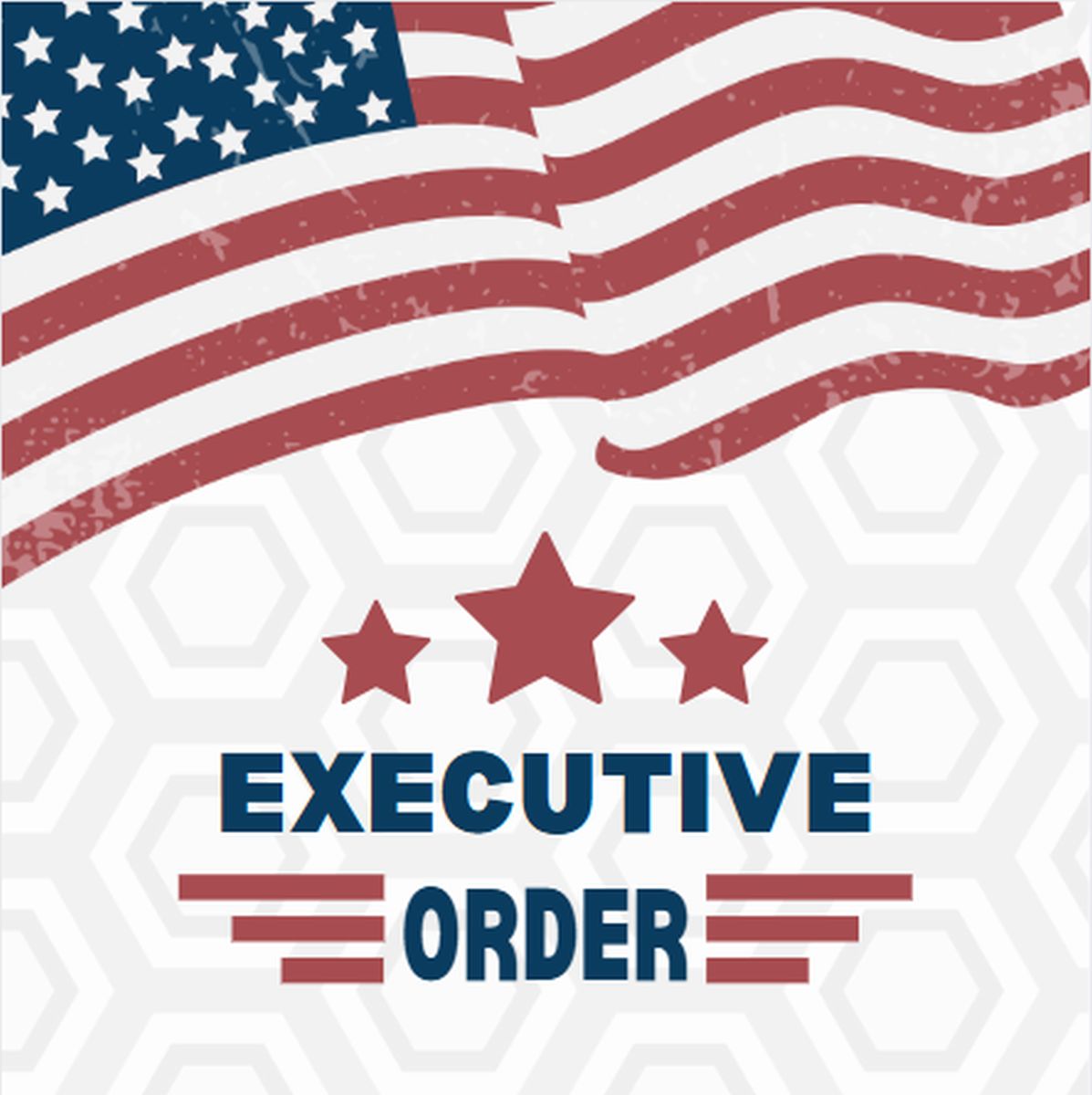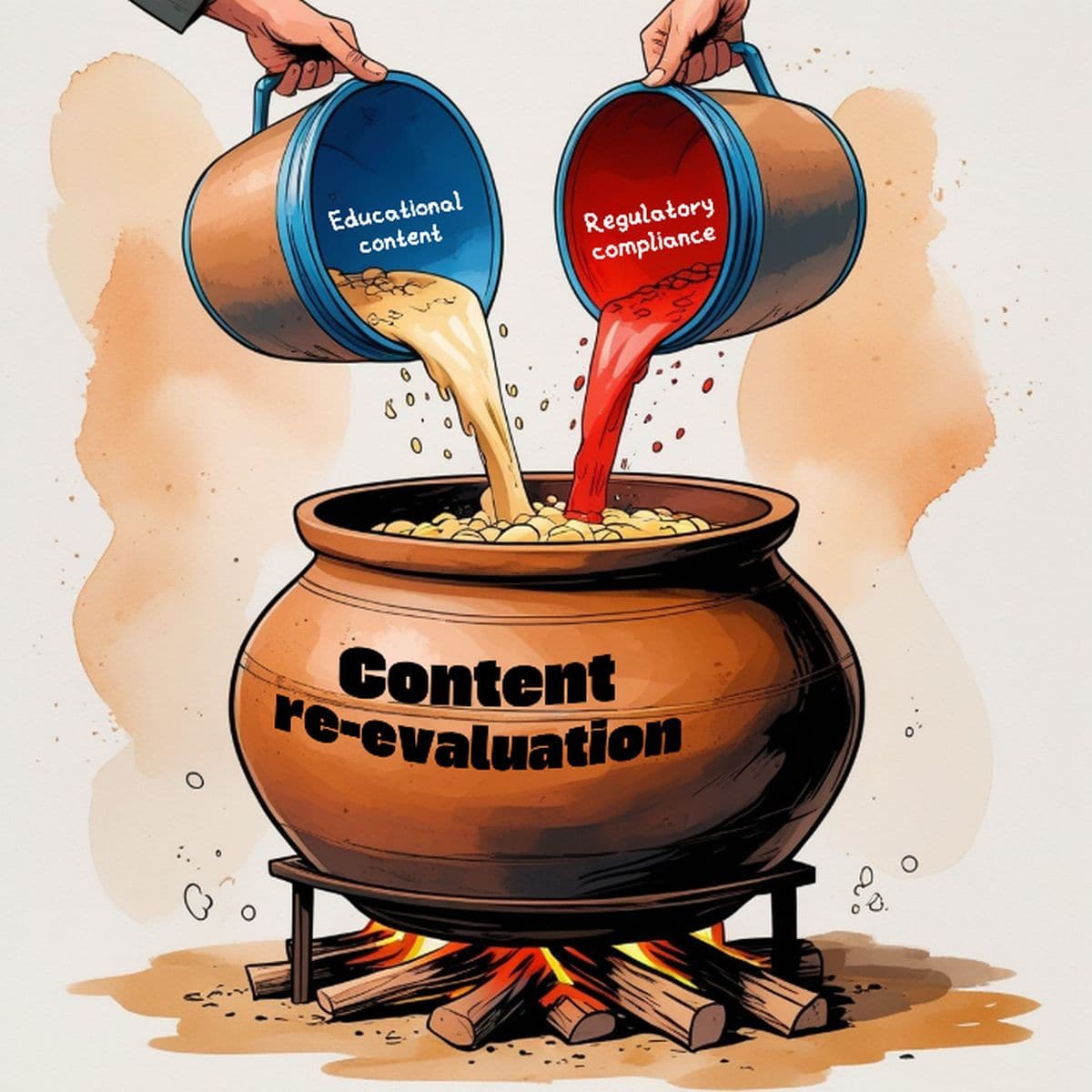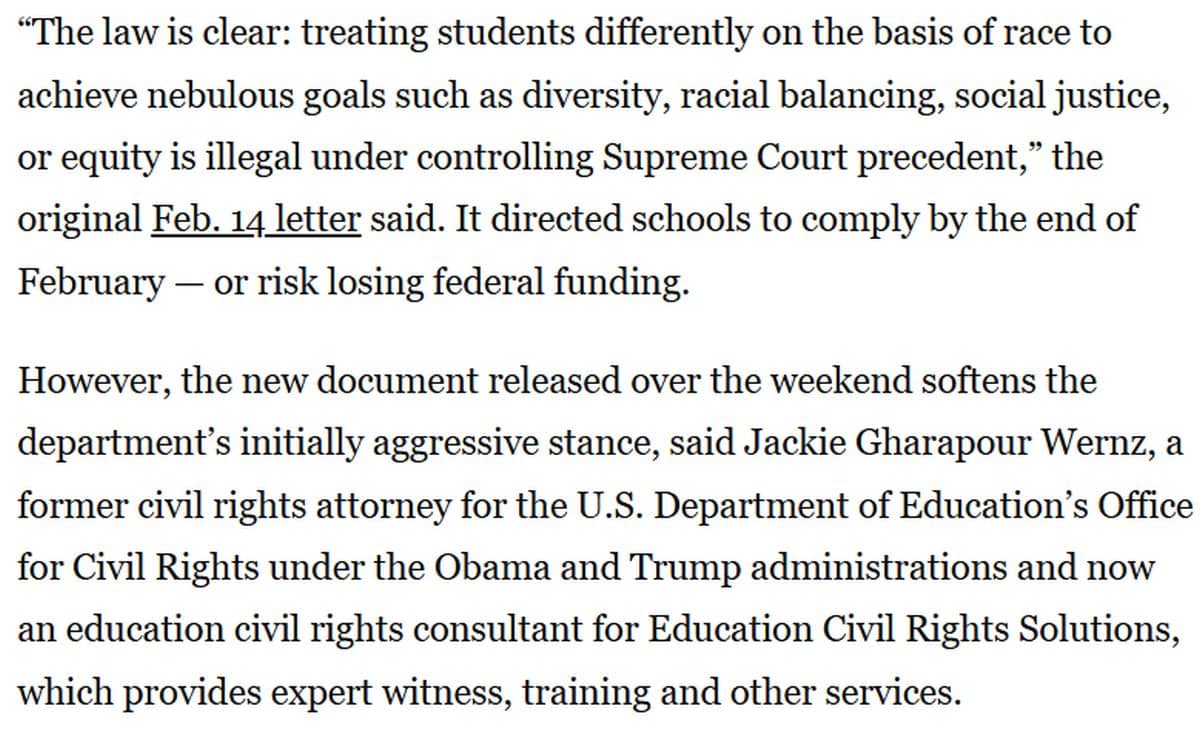
“Change is the only constant,” a veteran publishing executive told us recently, reflecting a sentiment that resonates deeply within the educational publishing ecosystem. The U.S. Department of Education’s recent executive order on Diversity, Equity, and Inclusion (DEI) has triggered a wave of activity among publishers. Beyond the immediate compliance concerns, this shift presents operational and strategic opportunities for content refinement.
Clarity and Consistency — A Complex Undertaking

Publishers who already spend 15-20% of their annual budget on content revisions may see this figure rise due to the scale and complexity of required changes. Ensuring clarity and consistency can reduce ambiguity and streamline compliance. Recent clarification from the Department of Education confirms that DEI efforts are not entirely prohibited, provided they remain inclusive and open to all students.
All said and done, the REAL challenge lies in determining what constitutes “inclusive” and “non-discriminatory.”
Opportunity for Content Refinement
Key areas impacted include admissions materials, scholarship descriptions, curriculum content, hiring guidelines, and financial aid documentation. This presents an opportunity for publishers to refine their materials by emphasizing individual achievements in historical narratives and incorporating diverse role models.
For instance, the Department of Education’s clarification allows for the celebration of events like Black History Month and International Holocaust Remembrance Day, indicating that cultural and historical celebrations remain permissible. However, ensuring that these celebrations are presented in a manner that aligns with the new guidelines requires careful consideration of language, context, and potential interpretations.
However, ensuring compliance requires a nuanced approach that balances cultural sensitivity with regulatory requirements. Developing neutral historical descriptions and universally applicable insights can also broaden market reach, enhancing the appeal of content for diverse global audiences.
Ensuring Compliance and Reducing Risk — The Value of Expert Partnership
Former civil rights attorney Jackie Gharapour Wernz notes that the Department of Education’s recent FAQ scales back “extreme interpretations” of the order. Schools can still pursue representation and student support initiatives, as long as they do not create race-based restrictions.
How EduQual Supports Publishers

- Updated Guidelines and Checklists: Adaptable compliance checklists aligned with the Executive Order, ensuring that publishers stay ahead of evolving requirements.
- Content Neutrality Expertise: A dedicated practice focused on creating balanced, inclusive, and compliant content that aligns with new standards.
- Comprehensive Content Audits: Identify gaps, mitigate risks, and ensure their content meets both compliance and educational effectiveness standards.
- Modular Content Development: Creating flexible content structures that allow for easy adaptation to different regulatory and institutional needs.
- Content Review and Advisory Support: Providing expert guidance on content nuances, helping publishers avoid costly compliance missteps.
Strategic Adaptation and Market Opportunity
This regulatory shift can also drive a renewed emphasis on content that appeals to broader audiences, potentially opening new revenue streams. By proactively addressing compliance concerns and embracing strategic efficiencies, publishers can turn regulatory challenges into opportunities.
EduQual is your strategic partner in this much-needed transformation, offering the necessary support — setting up content guidelines, identifying content gaps, and recommending content changes, ensuring content correctness at all times.
To know more about how we help US educational publishers stay audit-ready, contact us at .


